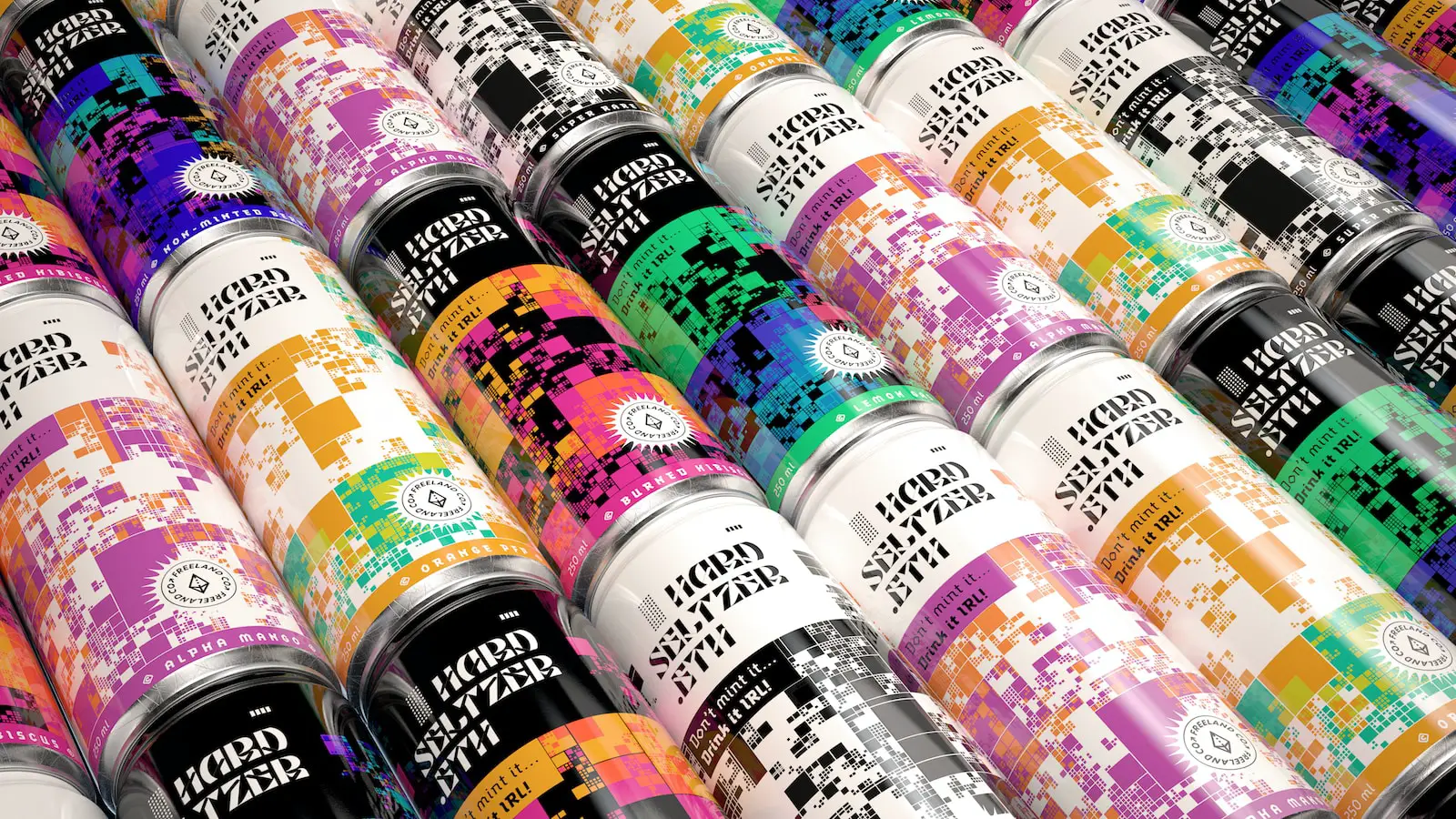Have you ever heard of the good old remedies for an upset tummy? Well, one that’s been around for a while is drinking vermouth to settle your stomach. But does it actually work?
Let’s find out! We’ve done some research to see if this old wives’ tale holds any truth.
Is vermouth really the magical cure-all for stomachaches? Or is it just a myth? In this article, we take a look at the science behind this age-old remedy and whether or not it’s effective.
But first, what exactly is vermouth and where did it come from? This centuries-old drink has its roots in Italy, and its original name comes from the German word Wermut or “wormwood.”
This ingredient gave the drink its signature flavor—and its name! Vermouth was traditionally distilled with herbs for medicinal purposes as well as for drinking.
The practice of drinking vermouth goes back centuries, although it wasn’t widely popularized until later in history.
So how did this old-time remedy end up being used to settle stomachaches? Unfortunately, there’s not easy awe to know that some scientific studies suggest that vermouth hast suggest that vermouth does have some medicinal properties (such as antiseptic and carminative effects), which could explain why people believe it can relieve stomach aches.
What Is Vermouth and Its Benefits
Have you ever heard of the popular belief that drinking a bit of vermouth can settle an upset stomach? Vermouth is an aromatized fortified wine and it has been around for centuries.
It is made with white wine, aromatic herbs, spices, and some brandy or other spirits.
The addition of herbs and spices gives vermouth its distinctive flavor and aroma.
So, why exactly is vermouth said to settle our stomachs? Well, the first thing to note is that the herbs in vermouth have antispasmodic properties which can help relax your muscles and ease any cramping in your stomach.
Also, the ethanol content derived from the distilled liquor may act as a muscle relaxant, aiding digestion.
Furthermore, the sugar content in vermouth can contribute to providing energy that will help your body fight off any indigestion.
The combination of all these elements makes for an ideal digestive aid as it helps your body relax a bit while aiding digestion by providing energy and fighting off any indigestion.
So, if you ever find yourself with an upset stomach, you may want to try having a glass of vermouth!
Traditional Uses of Vermouth for Digestive Health
Vermouth may have originated in Italy, but the drink has a long history of traditional use for digestive health across the world.
For example, many cultures believe that a glass of vermouth can help settle an upset stomach or relieve digestive discomfort.
So, what gives? Well, for starters, Vermouth can act as a carminative—that is, it helps to expel gas from the intestines.
Plus, it is also believed to help stimulate appetite and promote digestion.
It’s even said that some herbs used in the production of Vermouth can enhance its carminative properties further!
And then there’s the fact that Vermouth acts as an alkaline agent in your stomach—this means it can help neutralize acids and excess stomach gas that could be causing discomfort.
Depending on your preferences, you may wish to choose a sweet or dry variety of Vermouth to suit your needs; either way, it will still contain plenty of pleasant-tasting botanicals that could help soothe your digestive system.
In addition to being drunk as a beverage, Vermouth has also been used traditionally as an ingredient in marinades and sauces—and even as part of herbal infusions!
So, if you’re looking for a natural way to settle your stomach and enjoy all the goodness Vermouth offers, why not try?
Does Modern Research Support the Benefits of Vermouth?
If you’re wondering if modern research supports the stomach-calming benefits of vermouth, the answer is a definite yes.
Studies have shown that vermouth does indeed have medicinal properties that can be used to settle your stomach.
For example, some studies suggest that vermouth can act as an anti-inflammatory agent on the digestive tract and had a positive effect on gastric spasms – all of which are symptoms associated with an upset stomach.
Another study found that the polyphenol antioxidants and flavonoids found in vermouth have a calming effect and play a role in reducing oxidative stress.
Plus, vermouth also has antispasmodic properties, so it helps reduce pain associated with gastrointestinal distress due to its relaxing and muscle-soothing properties.
So there you have it—modern research supports many health benefits of drinking vermouth for settling an upset stomach!
Vermouth Preparation and Serving Tips
So now that you know the basics of vermouth and its potential digestive benefits, let’s look at the best ways to prepare and serve it.
After all, if you didn’t drink it properly, then all that hard work spent researching its health benefits could be for nothing!
First things first – when selecting your vermouth for a digestive aid, always opt for dry.
Dry vermouth contains more acidity than sweet, making it more effective at settling an unsettled stomach.
For optimal results with your vermouth-based digestive aid, go for a 3-2-1 ratio: three parts sparkling water to two parts dry vermouth and one part lime juice.
Conclusion
Ultimately, while vermouth may not be everyone’s first choice for a stomach-settling beverage, research does suggest that it can be useful in relieving some of the symptoms of minor digestive discomfort.
However, if you find yourself in this situation, it’s always best to consult your doctor to make sure that vermouth is the right choice for your symptoms.
Finally, whether you’re searching for a hangover cure or simply looking for a tasty, fortified aperitif, vermouth is sure to please.
Its blend of herbs, nutty aromas, and dry finish can provide a pleasant yet complex experience when consumed before or during a meal.
Plus, it’s usually cheaper than other fortified wines and an excellent addition to a home bar. So why not give it a try?










